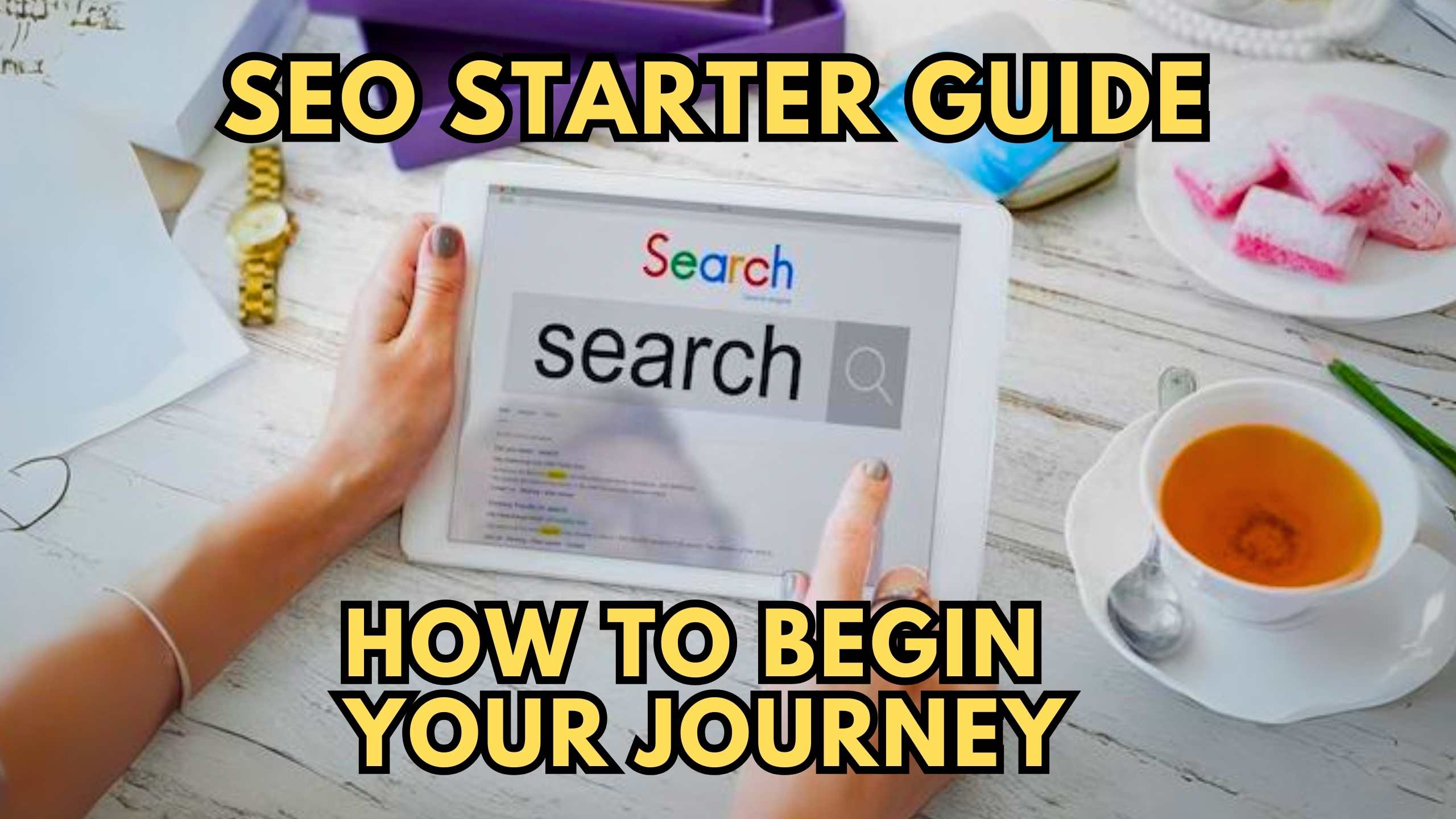SEO Starter Guide: How to Begin Your Journey
- Conversational Marketing Software SEO Software Affiliate Marketing Software Marketing Tools


SEO Starter Guide: How to Begin Your Journey
Embarking on the journey of Search Engine Optimization (SEO) can be both exciting and daunting. This comprehensive guide aims to demystify the intricacies of SEO, providing you with actionable insights to kickstart your optimization efforts.
Understanding the Basics of SEO
Keywords and Research
Choosing the right keywords is fundamental to SEO success. Start by conducting thorough keyword research to identify terms relevant to your content and industry. For instance, if you’re running a fitness blog, focus on keywords like “best workout routines” or “healthy meal plans.” Tools like SEMrush and Ahrefs can assist in uncovering valuable keyword insights, helping you tailor your content to what your audience is searching for.
On-Page Optimization
Optimize your web pages for search engines by incorporating target keywords naturally into titles, headers, and meta descriptions. Platforms like Yoast offer WordPress users a user-friendly tool to enhance on-page SEO. For example, if you’re creating a product page for handmade soap, ensure that the title includes relevant keywords like “natural soap” and the meta description highlights unique selling points.
Quality Content Creation
Create high-quality, relevant, and engaging content. Consider crafting in-depth guides, case studies, or how-to articles that provide real value to your audience. Tools like Grammarly can assist in maintaining content quality, ensuring your pages are not only optimized for search engines but also offer a seamless reading experience. Imagine you’re a travel blogger writing about a recent adventure—Grammarly can help ensure your storytelling is both captivating and error-free.
Technical SEO
Site Speed and Performance
Page speed is a crucial factor in SEO, influencing both user experience and search rankings. Tools like Google PageSpeed Insights help assess your site’s performance and provide recommendations for improvement. For instance, if you run an e-commerce site, a faster page load time can significantly reduce bounce rates, especially for users on mobile devices.
Mobile Optimization
Optimize your site for mobile users as an increasing number of searches happen on mobile devices. Small SEO Tools can confirm if your pages are mobile-friendly, a key consideration for search rankings. Imagine a user searching for “best restaurants near me” on their smartphone—having a mobile-friendly site ensures your content is easily accessible, enhancing the overall user experience.
Backlink Building
Build authoritative and relevant backlinks to your site. Consider reaching out to influencers or industry leaders for guest posting opportunities or collaborations. Tools like Moz and Ahrefs can aid in backlink analysis and strategy development. For example, if you’re in the tech industry, a backlink from a reputable tech blog can significantly boost your site’s credibility and visibility.
Leveraging SaaS Tools for Enhanced SEO
- SEMrush: SEMrush offers a comprehensive suite of SEO tools, including keyword research, site audit, and competitor analysis. It provides actionable insights to refine your SEO strategy. For instance, if you’re launching a new product, SEMrush can help you identify the most effective keywords to target in your product descriptions and promotional content.
- Ahrefs: Ahrefs is an all-in-one SEO toolset known for its backlink analysis and competitor research capabilities. It helps you understand your industry landscape and refine your link-building strategy. If you’re in a competitive market, Ahrefs can reveal what keywords your competitors are ranking for, allowing you to tailor your content strategy accordingly.
- Yoast: Yoast is a popular WordPress plugin that simplifies on-page SEO. It provides real-time content analysis and suggestions, making it an invaluable tool for content creators. Suppose you’re a small business owner managing your website through WordPress. Yoast can guide you in optimizing your content without the need for extensive technical expertise.
- Grammarly: While not specifically an SEO tool, Grammarly ensures your content is error-free and well-written, contributing to a positive user experience and potentially impacting SEO. Consider a scenario where you’re a freelance writer offering your services. Using Grammarly ensures your proposals and communication are polished, establishing trust with potential clients.
- Moz: Moz offers a range of SEO tools, including site audits, keyword research, and rank tracking. It’s a valuable resource for businesses aiming to improve their search engine visibility. Suppose you’re a local business owner looking to enhance your online presence. Moz’s local SEO tools can guide you in optimizing your website for location-based searches.
Conclusion:
Embarking on your SEO journey requires a blend of foundational knowledge, continuous learning, and the right tools. By implementing the strategies outlined in this guide and leveraging SaaS tools, you’re poised for SEO success. Remember, SEO is an ongoing process, so stay updated with industry trends and algorithm changes to ensure your strategies remain effective.
Ready to streamline your SaaS tools? Unlock exclusive deals and manage your subscriptions efficiently with Subscribed.fyi. Start optimizing today for a brighter digital tomorrow!
Relevant Links:





